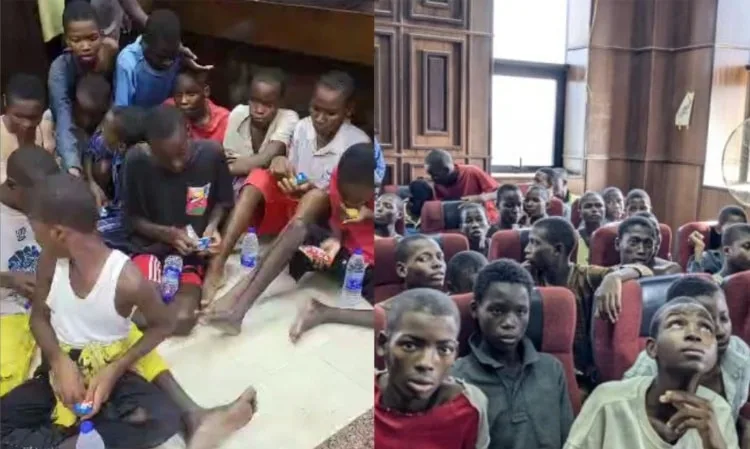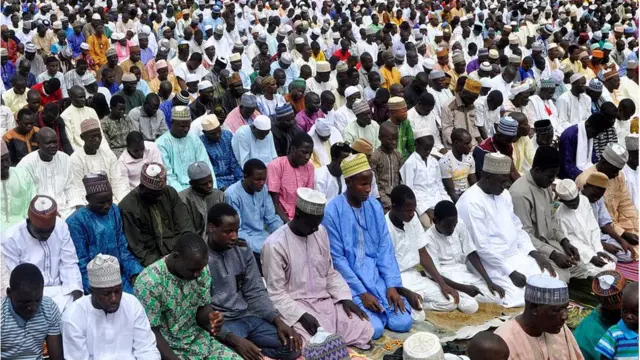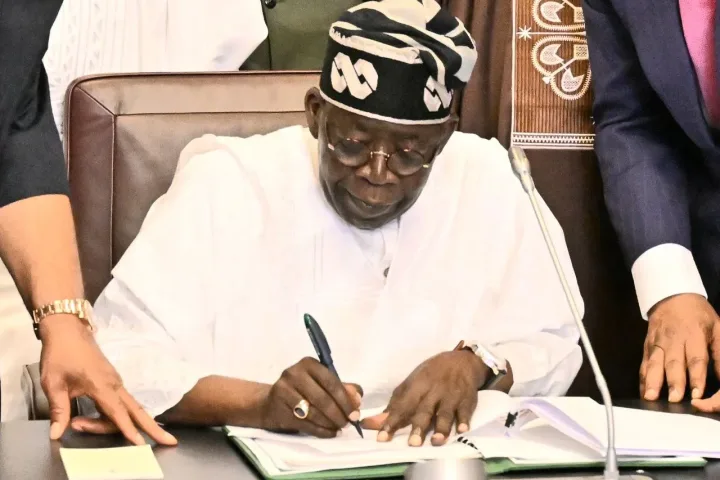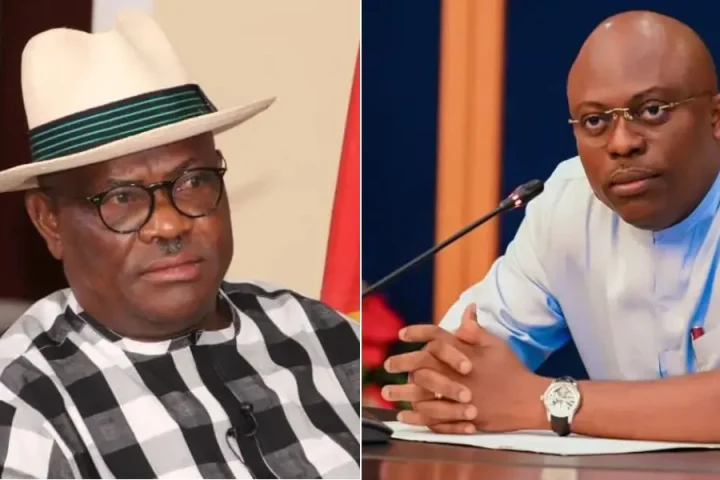Minors’ Arraignment: Dividing Opinions on #EndBadGovernance Protests
The recent arraignment of minors involved in Nigeria’s #EndBadGovernance protests has ignited a firestorm of debate across the country, both online and on the streets. With the Arewa Consultative Forum (ACF) demanding their immediate release and compensation, many Nigerians are raising questions about whether the government’s actions cross a line, infringing on basic civil rights. Others, however, argue that such measures are justified, viewing these protests as threats to order and stability.
ACF Speaks Out: “Gross Display of Official High-Handedness”
The Arewa Consultative Forum, a key voice in Northern Nigeria, recently issued a statement condemning the Federal Government’s approach in the #EndBadGovernance protests, labelling the trial of minors as “official high-handedness.” Professor Tukur Muhammad-Baba, the ACF’s National Publicity Secretary, expressed deep concern: “This trial is nothing short of a heavy-handed crackdown on young citizens simply exercising their democratic rights to protest against issues affecting their futures.”
Join our WhatsApp ChannelProfessor Muhammad-Baba’s comments resonate strongly within Northern communities, especially considering the emotional reports of minors fainting in court due to the alleged stress and prolonged detention. “When we saw the bail set at N10 million, we knew that this was about sending a message, not about justice,” Muhammad-Baba continued. “The government needs to recognise the difference between order and oppression.”
Nigerians React: A Nation Split on the Issue
On X (formerly Twitter), reactions poured in, with Nigerians expressing conflicting opinions. Some users voiced support for the government’s crackdown, arguing that youths, including minors, must be held accountable. One user, @Justice4All, posted, “Protests are a democratic right, but we can’t ignore the reality of inciting violence. Minors or not, everyone must obey the law.”
Others, however, decried the arraignment of minors as an assault on fundamental rights. A user under the handle @VoiceOfTheYouth tweeted, “Punishing minors for protesting is a gross overreach. Are we really in a democracy if even children can’t speak out without facing jail time?” The comment received thousands of likes and retweets, showing the widespread frustration over what many perceive as an excessive response.
Dr. Amaka Odiaka, a political analyst, provided her perspective on the events, suggesting that the government’s approach could have unintended consequences. “When young people feel that their voices are suppressed, it builds resentment, not peace,” Dr. Odiaka said in an interview. “By punishing minors so harshly, the government risks losing the trust of the next generation entirely.”
Legal Experts Weigh In: “Does the Punishment Fit the Protest?”
The legal framework surrounding minors’ involvement in civil disobedience is complex, and the recent court cases have spurred significant debate within Nigeria’s legal community. Barrister Ifeanyi Ogbu, a constitutional lawyer, explained, “In a democratic society, there are always lines to be drawn, but detaining minors without due process, and with stringent bail conditions, raises serious legal questions.”
Barrister Ogbu further emphasised that the alleged conditions these minors faced in court and detention, such as reports of fainting and lack of access to psychological support, could potentially violate Nigeria’s own constitution. “It’s clear that the 24-hour detention limit has been ignored, which is troubling. At what point does maintaining order become infringing on rights?” he added.
READ ALSO: #EndBadGovernance Protests: PDP Criticises Tinubu’s Silence, Demands Immediate Response
While some legal experts argue that these measures serve as deterrents, others worry that they erode the judiciary’s commitment to upholding justice for all Nigerians, regardless of age or socio-economic status.
A Public Outcry with International Reach
The outrage over the treatment of these young protesters has not been confined to Nigeria. Global human rights organisations have taken notice, with Amnesty International expressing concerns. They issued a statement condemning the Federal Government’s tactics, calling it “an attempt to intimidate the youth into silence.” On the international front, many are questioning whether Nigeria is maintaining its democratic values or slipping toward authoritarianism.
Some Nigerians are also beginning to ask deeper questions about the government’s motives. Adewale Ojo, a university student who participated in the protests but was not detained, questioned the implications for Nigeria’s future: “We came out to demand better governance, to say we are tired of corruption and lack of accountability. Now, the message is clear: Speak out, and you face jail time.”
Psychological Impact on the Youth
The ACF has raised additional concerns about the psychological effects of prolonged detention and the legal turmoil on these minors. According to social worker Dr. Ladi Ajayi, the treatment these young individuals are reportedly facing can have long-term mental health consequences. “For minors, going through such traumatic experiences, especially in a system where they feel helpless, can lead to lasting psychological scars,” Dr. Ajayi explained.
Calls for immediate psychological support for the detained minors are growing louder, with various civil rights groups urging the government to take a more humane approach. These organisations argue that detention, without considering the age and mental well-being of these youths, could be setting them up for emotional trauma that could last a lifetime.
A Question of Governance: Is This Justice?
At the heart of the debate lies a critical question: is this a fight for justice or an act of deterrence? With the #EndBadGovernance protests acting as a rallying cry for many Nigerians who demand accountability, the government’s actions may serve to only further alienate citizens. The arrest and trial of minors, some argue, are only symptoms of a much larger problem.
As Nigerian citizens, both young and old, continue to debate this issue online and offline, it is clear that the country stands at a crossroads. Will the government choose to protect the rights of its citizens, or will it continue on a path that critics say undermines the very principles of democracy?
Emmanuel Ochayi is a journalist. He is a graduate of the University of Lagos, School of first choice and the nations pride. Emmanuel is keen on exploring writing angles in different areas, including Business, climate change, politics, Education, and others.
- Emmanuel Ochayihttps://www.primebusiness.africa/author/ochayi/
- Emmanuel Ochayihttps://www.primebusiness.africa/author/ochayi/
- Emmanuel Ochayihttps://www.primebusiness.africa/author/ochayi/
- Emmanuel Ochayihttps://www.primebusiness.africa/author/ochayi/



















Follow Us